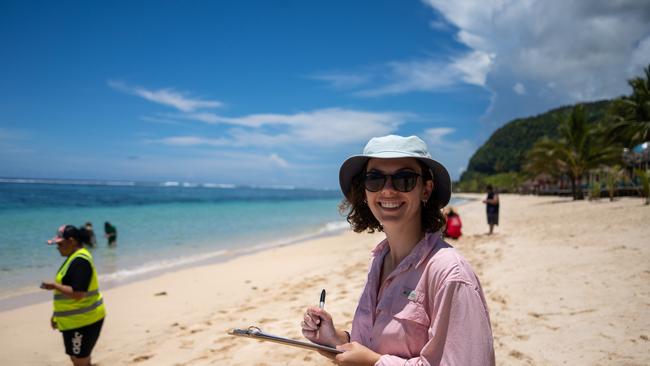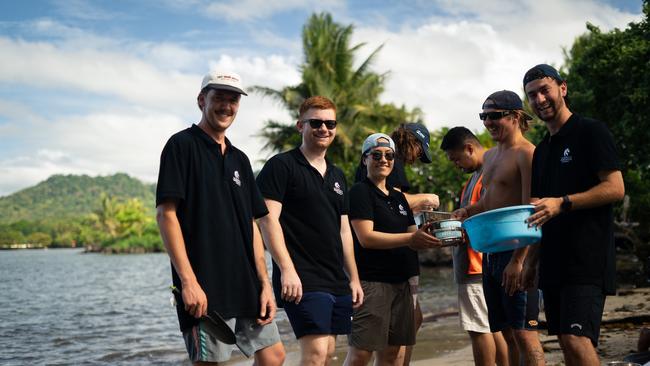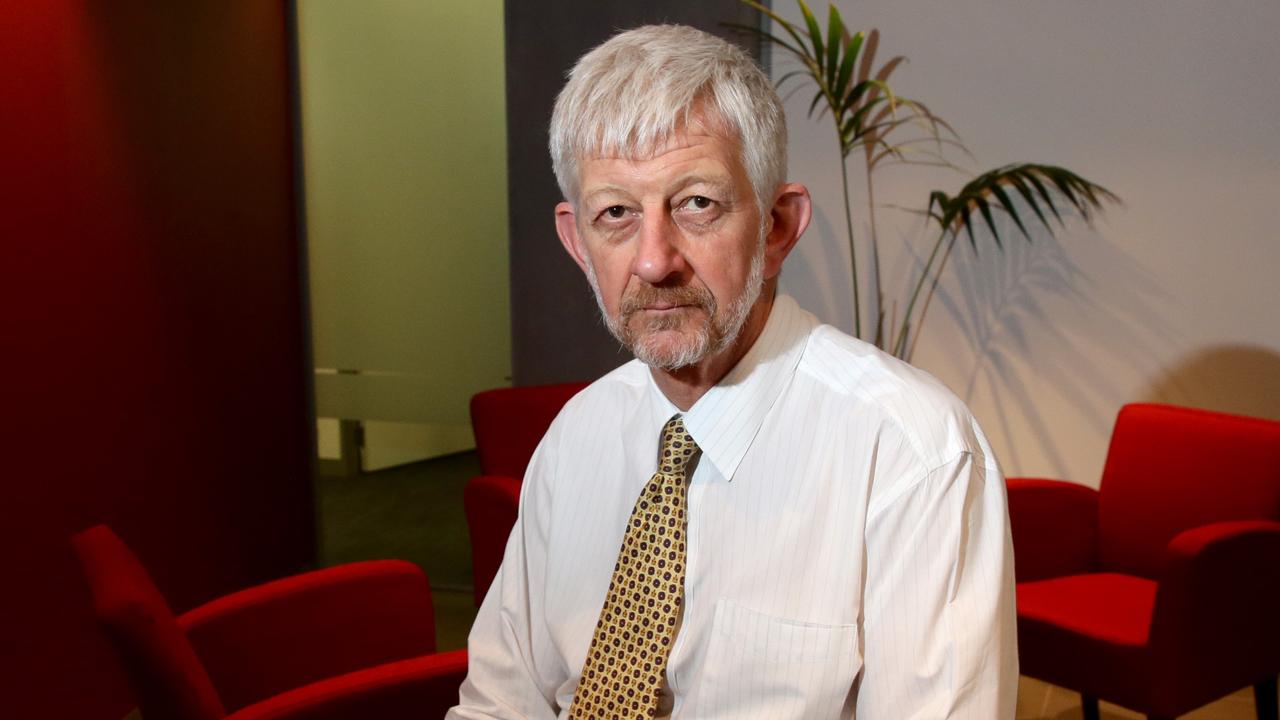‘Study abroad for the rich’: unis hit out at scholarship changes
The requirement for students to be away from home for a longer period would discourage underrepresented students from applying due to financial concerns, academics fear.

Higher education leaders have raised concerns that changes to the federal government’s Asia-Pacific study-abroad scholarship program will reduce opportunities for disadvantaged students.
The application guidelines for the New Colombo Plan – which has assisted more than 50,000 students to study in the region – were quietly updated to stipulate a four week minimum and a preference for language students for mobility programs next year.
International Education Association of Australia chief executive Phil Honeywood has criticised the changes to the scheme, which provides grants to fund student travel and immersive experiences, for making overseas study less accessible for lower socioeconomic students.
He said the requirement for students to be away from home for a longer period would discourage underrepresented students from applying, due to financial concerns about time away from work.

”If the government had bothered to consult with learning abroad professionals, then a number of concerns would have been identified,” he said.
“The guidelines that minister Penny Wong unilaterally released are likely to go against anything the Labor party purports to believe in, such as giving First Nations and lower socio-economic students intercultural competencies.”
Mr Honeywood said he held concerns that prioritising applications with a language focus would discriminate against lower SES students, who may not have had the same opportunities to study foreign languages.
University of Newcastle Deputy Vice-Chancellor Kent Anderson said the success of the New Colombo Plan had been underscored by the bilateral support it earned and the previously consultative approach.
“The changes that are proposed will have a seriously negative effect on the equity and education impact of the program,” he said. “The data is very clear, plus the research is really clear, that the shift away from short programs means that fewer Indigenous, fewer mature age students, fewer rural students, fewer first-in-family students will go on study abroad. So it becomes study abroad for the rich.”

Professor Anderson said the majority of beneficiaries of the scheme introduced by former foreign minister Julie Bishop had embarked on shorter mobility programs, opposed to the longer duration exchange arrangements under the scholarship stream.
“To date, there have been about 50,000 Australians who’ve had an authentic experience in Asia-Pacific. Only 1000 of those students have been in the longer program,” he said.
“So that’s 49,000 students who are not going to experience Asia, and instead, to the extent they go, it will be Kuta beach in Bali, rather than doing an immersive program in the highlands of Papua New Guinea or, like I just had with a group of my students in speech pathology, in the outer regional parts of Fiji.”
Professor Anderson said he was supportive of the focus on language learning as a key pillar of the program to foster cultural immersion.
The Department of Foreign Affairs and Trade did not respond to The Australian’s request for comment.




To join the conversation, please log in. Don't have an account? Register
Join the conversation, you are commenting as Logout